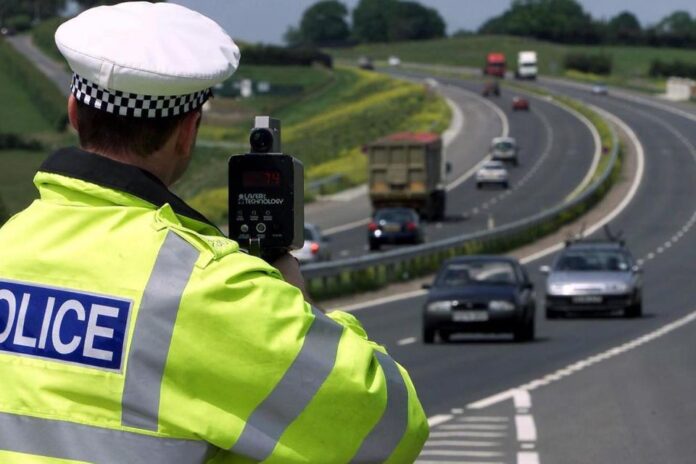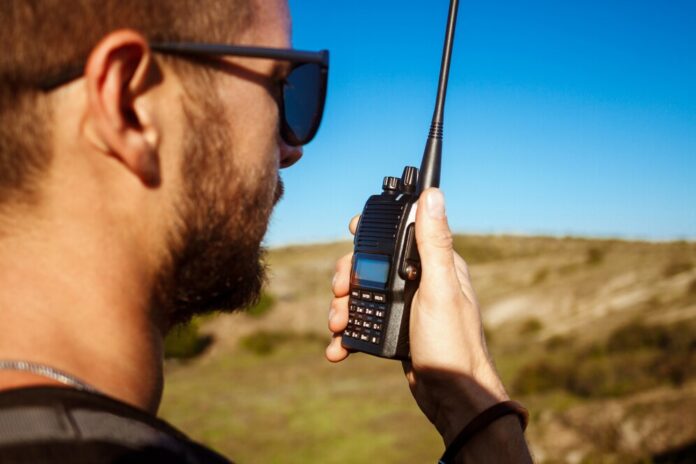Facing the consequences of a minor driving offense can seem like a minor setback.
That’s until you realize that accumulating more than 12 points on your driving license (or just six points if you’re a newly qualified driver) can result in a six-month driving ban.
This situation can have far-reaching implications, potentially impacting your job, daily life, and overall well-being.
Fortunately, expert motoring defense solicitors can help you to explore various legal avenues which could help you to avoid a ‘totting up’ driving disqualification.
What is a Totting Up Driving Ban?

A totting up ban occurs when you accumulate 12 or more penalty points on your driving license within a span of three years.
For newly qualified drivers, this threshold is lowered to just six points for the first two years after passing their test.
In such cases, a court hearing is scheduled to determine the duration of your disqualification, taking into account the severity of your offenses.
Defending Against a Totting Up Driving Ban
While it may appear that a driver automatically faces a six-month ban upon reaching 12 points (or six for newly qualified drivers), there is room for legal maneuvering.
If you’re at risk of incurring a totting up driving ban, provided you are guilty of the alleged offense, you will be summoned to court for your case to be heard.
Your solicitor can guide you through the process and may use a legal argument called “exceptional hardship” to protect you from losing your driving license.
Exceptional Hardship Driving Ban Defence
Exceptional hardship allows magistrates to exercise discretion and waive the automatic ban if they believe that you or others would suffer exceptional hardship as a result of the disqualification.
Contrary to common belief, the hardship can affect you personally; it does not necessarily have to involve someone else.
Examples of exceptional hardship can include financial hardship, loss of employment, impact on your mental health, or difficulties faced by your employer due to your inability to perform driving duties.
It is crucial to communicate all the relevant details to your solicitor if your points are totting up to 12 or more. You need to demonstrate how the consequences of driving disqualification would exceed what could be “reasonably expected.”
It’s important to note that you can only use the exceptional hardship mitigation once every three years. Furthermore, you cannot present the same reason in subsequent cases. So, if your previous argument centred around potential job loss, you must provide a different compelling reason to retain your licence when facing another totting up situation.
How Long Do Points Stay on My Driving Licence?
Penalty points remain on your driving licence for four years from the date of conviction, even though they are valid for only three years.
When facing a totting up ban, the court will consider the number of valid penalty points on your licence at the time of the driving offence.
How do I avoid a ban?
Here the basic steps to avoiding a ban:
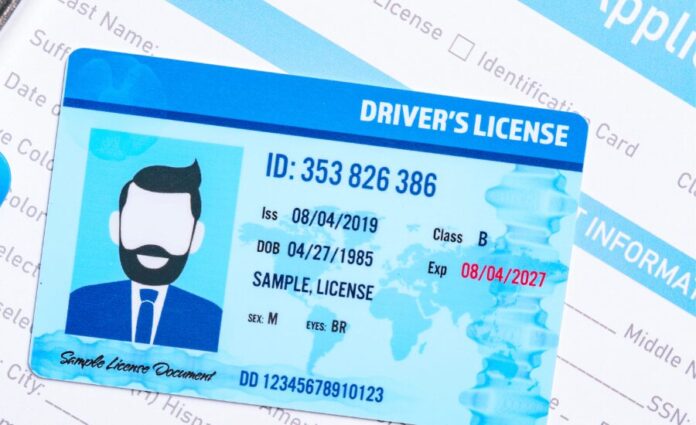
If you’ve accumulated 12 points on your driving license, you’re at risk of receiving a “totting up” ban, where you can be disqualified from driving for a certain period. However, there are steps you can take to potentially avoid this outcome:
Seek Legal Advice
Consult with a solicitor who specializes in motoring offenses. They can provide guidance tailored to your specific situation and may help you navigate the legal process.
Mitigation
If you’re facing a court hearing due to accumulating 12 points, you can present mitigating circumstances. This could include explaining the impact of losing your license on your job, family, or other aspects of your life.
Exceptional Hardship
You may be able to argue “exceptional hardship” to avoid a totting up ban. This involves demonstrating that losing your license would cause undue hardship to yourself or others. Provide evidence such as employment contracts, medical conditions, or testimonials from dependents.
Attend Court
Attend all court hearings and present your case professionally and respectfully. Show remorse for any offenses committed and demonstrate that you understand the seriousness of the situation.
Clean Driving Record
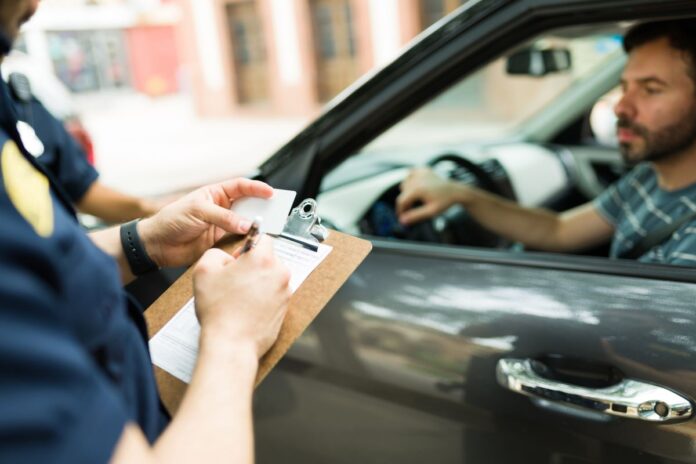
If you have a history of safe driving apart from the current offenses, this may be taken into account by the court.
Driver Improvement Courses
Some courts may offer the option to attend a driver improvement course in lieu of receiving penalty points. This option may not be available for all offenses or in all jurisdictions.
Reduced Sentence
Depending on the circumstances of your case and the discretion of the court, it’s possible that you may receive a reduced sentence, such as a shorter ban or fewer penalty points.
Demonstrate Remedial Action
If your offenses were due to specific circumstances, such as a medical issue or personal crisis, demonstrate that you have taken steps to address these issues to prevent future offenses.
Employment Impact
If losing your license would result in losing your job or significant financial hardship, provide evidence of this to the court.
Character References
Character references from employers, colleagues, or community members may help to illustrate your positive contribution to society and support your case for leniency.
Legal Representation in Court
Consider hiring a solicitor or barrister to represent you in court. They can provide expert advice, present your case persuasively, and ensure that your rights are protected throughout the legal process.
Appeal
If you receive a totting up ban and believe there are grounds for appeal, consult with your legal representative to explore this option. Appeals must typically be lodged within a specific timeframe and based on legal errors or procedural irregularities in your case.
Get Expert Legal Advice
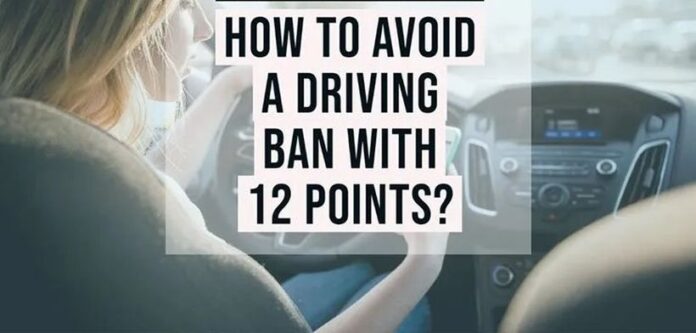
A totting up ban can be a life-altering event, affecting your livelihood and daily routines.
When facing such a situation, it’s advisable to seek legal advice promptly. Experienced motoring defense solicitors will be able to help you present a compelling case in court.
If you’ve incurred 12 points on your licence and are facing a totting up driving ban, don’t hesitate to get in touch with their helpful and knowledgeable team.

